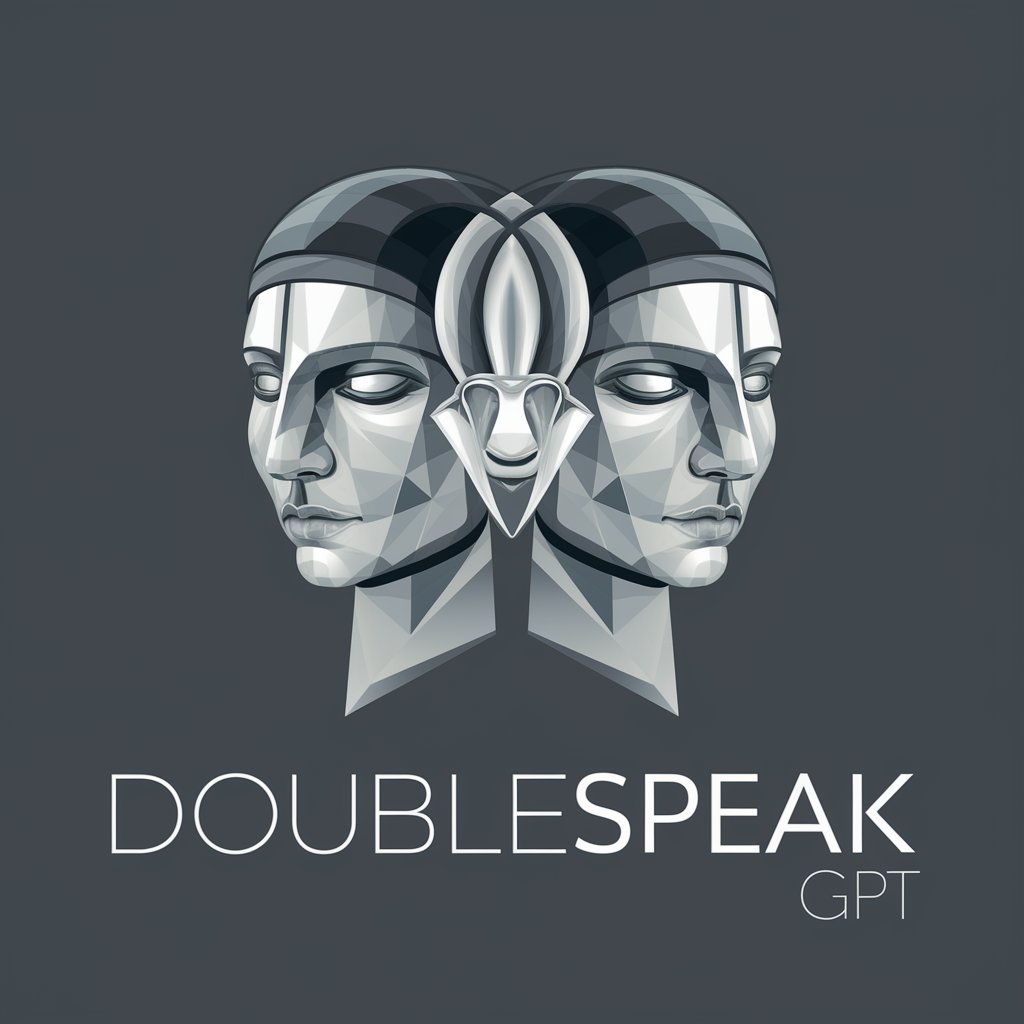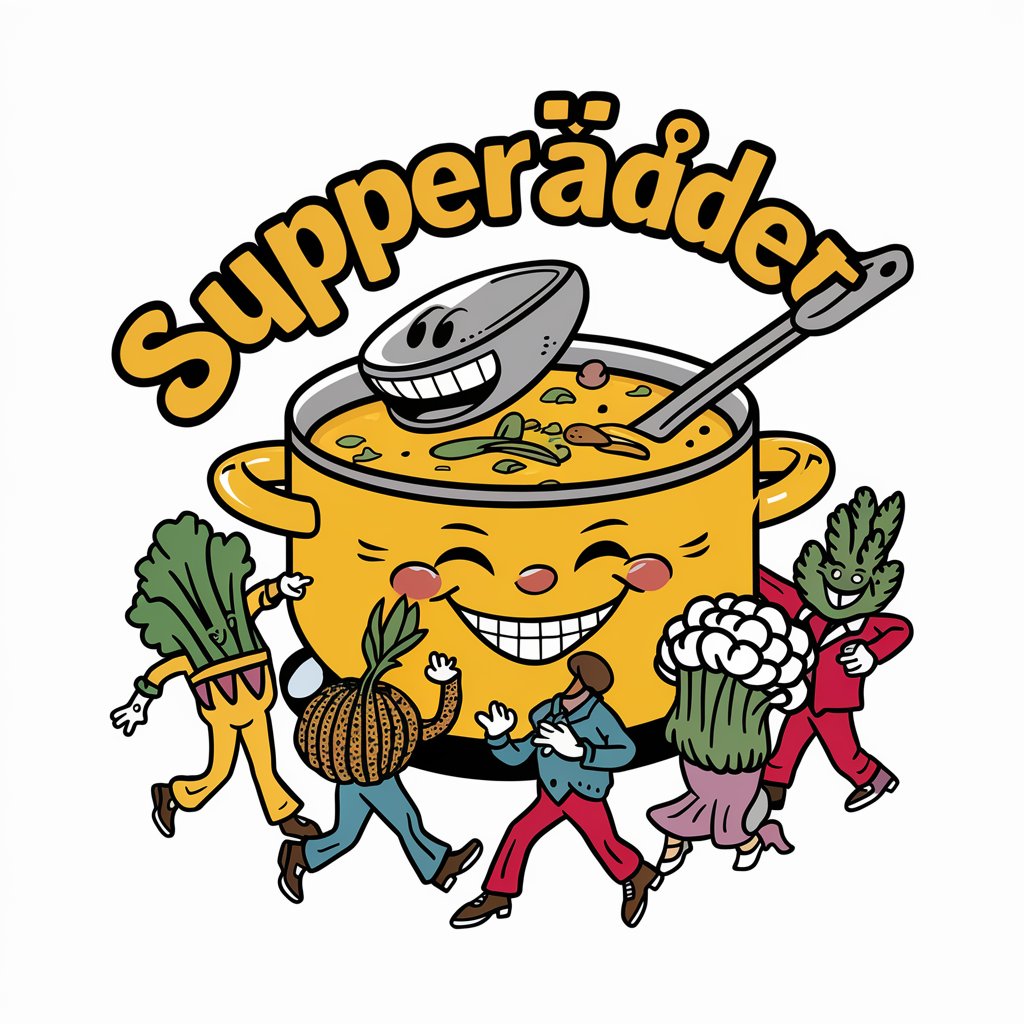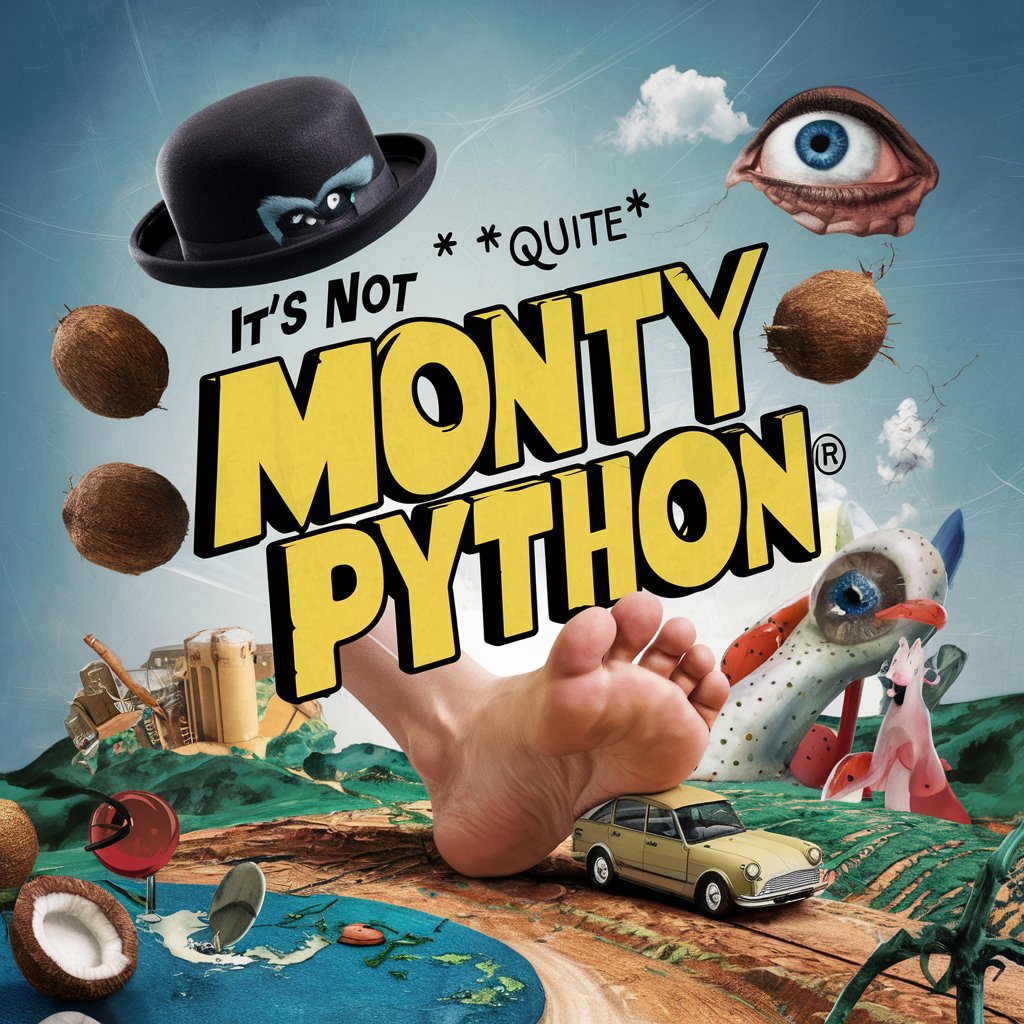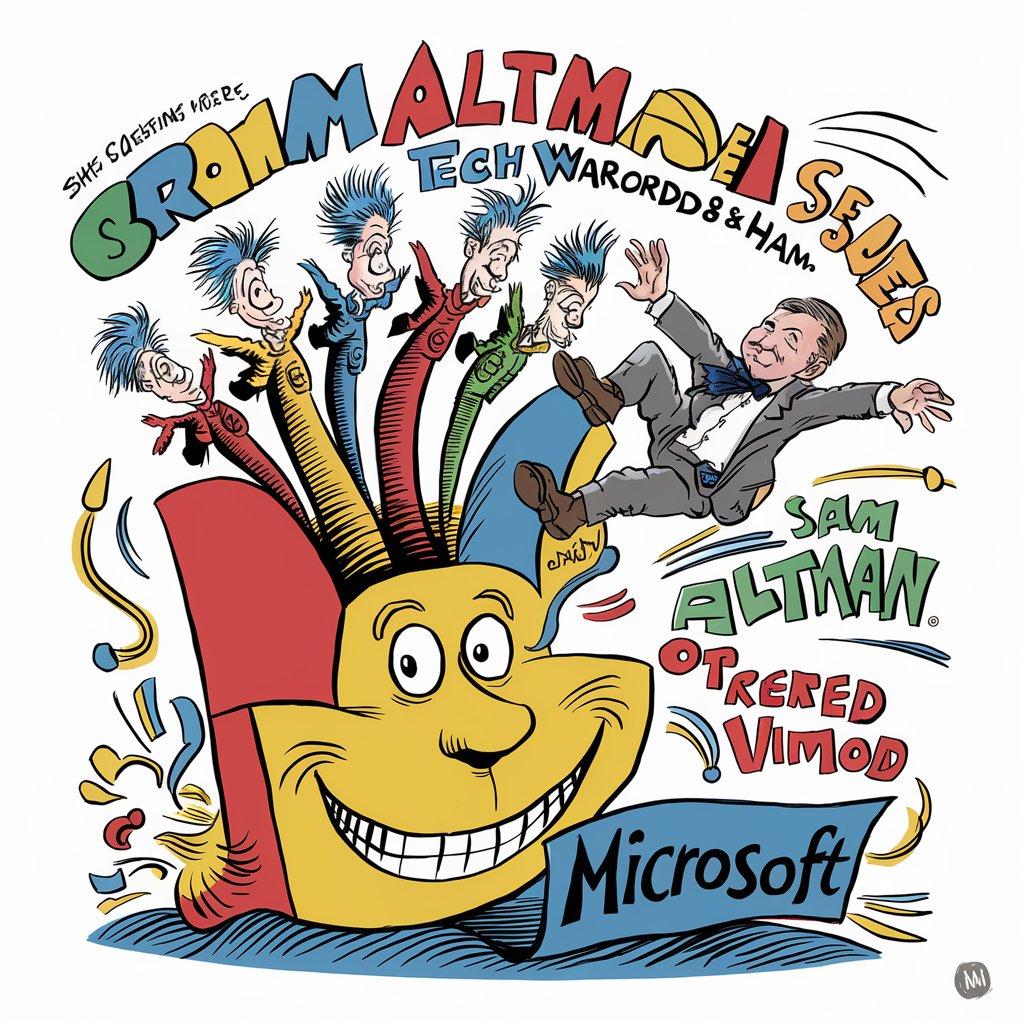13 GPTs for Satirical Content Powered by AI for Free of 2026
AI GPTs for Satirical Content are advanced generative pre-trained transformers specifically designed to understand, generate, and enhance satirical materials. These AI models are adept at recognizing the nuances of satire, including irony, exaggeration, and humor, making them ideal for creating or analyzing content with a satirical edge. Their relevance lies in their ability to tailor outputs for the unique demands of satire, providing tools that can generate witty, humorous content or analyze existing materials to identify satirical elements.
Top 10 GPTs for Satirical Content are: DoubleSpeak GPT,Parody Pro,Ziemowit Szczerek,Parody Producer,Tim Dillon,Skarp Penna,Balle Clorin,Fake News,Sinless,智慧之坤
DoubleSpeak GPT
Mastering the Art of Ambiguous AI Communication

Parody Pro
Elevate your humor with AI creativity

Ziemowit Szczerek
Unleash Creativity with AI Satire

Parody Producer
Turn originality into hilarity with AI

Tim Dillon
Unleash your comedic genius with AI

Skarp Penna
Elevate Your Writing with AI Humor

Balle Clorin
Unleash Creativity with AI Humor

Fake News
Craft Fiction with AI-Powered News

Sinless
Turning Sins into Smiles with AI

智慧之坤
Crafting Humor with AI Precision

It's Not *Quite* Monty Python
Unleash your inner Python with AI-powered humor!

Wokenizer English
Revamp language with AI-powered satire!

Sam I Am
Power your creativity with AI wit

Key Attributes of Satirical Content AI
These GPT tools are distinguished by their adaptability, capable of handling a wide range of tasks from generating satirical articles to crafting humorous comments on social media. Special features include advanced language understanding to grasp the subtleties of satire, the ability to generate content in various styles and tones, technical support for content creators, and web searching capabilities to gather context or inspiration. Additionally, some tools may offer image creation or data analysis features to support visual satire or understand audience engagement with satirical content.
Who Benefits from Satirical Content AI?
AI GPTs for Satirical Content cater to a broad audience, including content creators, humor writers, satirical news outlets, and social media influencers. They are accessible to individuals without programming skills, offering user-friendly interfaces for content generation. Meanwhile, developers and tech-savvy professionals can utilize API access or customization options to tailor the tools to specific needs or integrate them into larger projects.
Try Our other AI GPTs tools for Free
Component Visualization
Discover how AI GPTs for Component Visualization can transform your understanding of complex components with intuitive, AI-driven tools designed for both novices and professionals.
Statistical Critique
Discover AI-powered tools for statistical critique, designed to enhance data analysis accuracy and reliability through advanced AI technology.
Artistic Insight
Explore AI GPT tools tailored for Artistic Insight, enhancing creativity and understanding of art with advanced AI technology. Ideal for artists, historians, and creatives.
Fashion Guidance
Discover how AI GPTs for Fashion Guidance are transforming style decisions with personalized advice, trend forecasting, and creative design insights.
Technology Advice
Discover how AI GPTs for Technology Advice transform tech guidance with personalized, data-driven solutions for users at all levels. Embrace the future of tech consultation today.
Historical Verification
Discover AI GPTs for Historical Verification: innovative tools transforming historical research with advanced AI, tailored for accuracy and efficiency in exploring the past.
Broader Implications for Satirical AI
Beyond individual content creation, these AI tools have implications for media, entertainment, and social commentary, offering scalable, efficient ways to produce satire. Their user-friendly interfaces and integration capabilities make them accessible to a wide range of users, from hobbyists to professionals, potentially transforming how satirical content is created and distributed.
Frequently Asked Questions
What exactly is satirical content AI?
Satirical content AI refers to AI models that are trained to understand, generate, and interact with content that employs satire, irony, or humor to critique or entertain.
Can these AI tools generate satire in any language?
While primarily focused on English, many advanced GPTs are multilingual and can generate satirical content in several languages, though performance may vary based on the model's training data.
Are there customization options for different humor styles?
Yes, many AI GPTs for Satirical Content offer customization options to adapt the style, tone, and format of the generated content, allowing users to match specific humor styles or satirical approaches.
How does AI understand satire?
AI models are trained on large datasets that include satirical content, allowing them to learn the linguistic patterns, structures, and contexts that typically signify satire.
Can these tools also analyze the effectiveness of satirical content?
Some AI tools are equipped with analytics features that can assess engagement, sentiment, and other metrics to evaluate how audiences respond to satirical content.
Is it possible to integrate these AI tools into existing content management systems?
Yes, with API access, these AI tools can be integrated into existing content management systems, allowing for seamless creation and publication of satirical content.
Do these AI tools help with satirical image creation?
Certain AI GPTs offer image creation capabilities, enabling users to generate visual satire, such as cartoons or memes, in addition to textual content.
What are the ethical considerations when using AI for satire?
Users should consider the impact of their content, ensuring it does not perpetuate harm or misinformation. Responsible use involves recognizing the fine line between satire and offensive content.